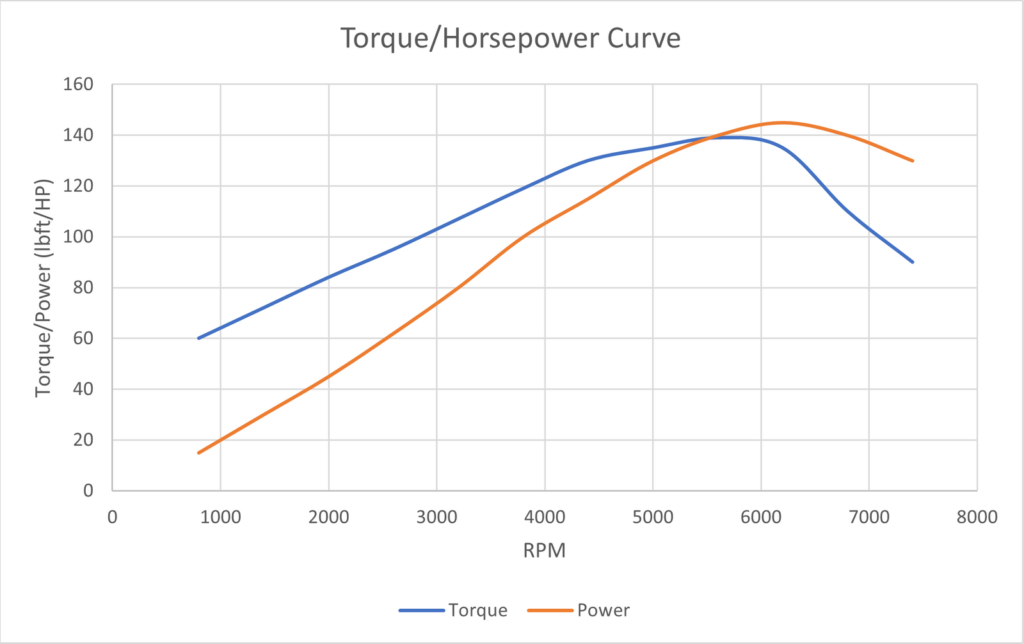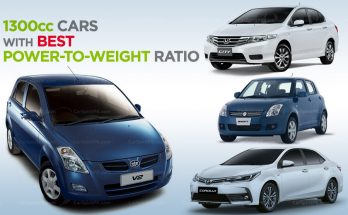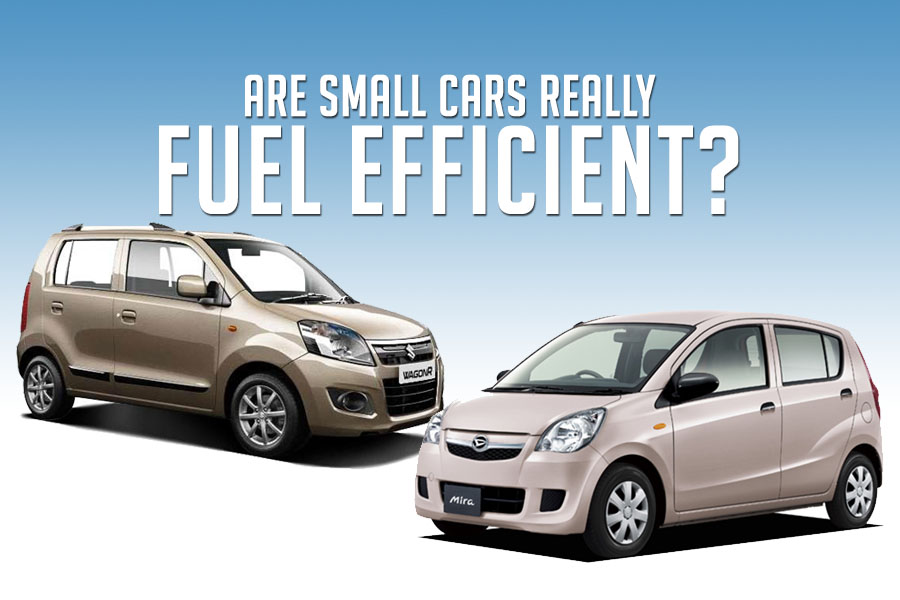When discussing vehicle performance, two terms frequently come up: horsepower and torque. These metrics are critical in understanding how a car behaves, but they’re often misunderstood or used interchangeably. In this article, we’ll break down the key differences between horsepower and torque, their roles in vehicle performance, and how they affect your driving experience.
What Is Torque?
Torque is a measure of rotational force. In the context of vehicles, it refers to the force that causes the engine’s crankshaft to rotate, which ultimately turns the wheels. Torque is typically measured in pound-feet (lb-ft) or Newton meters (Nm).
Related: Smaller Cars Aren’t Always Fuel-Efficient
Think of torque as the strength of your car. The more torque an engine produces, the more force it can exert, which is especially useful for activities like towing, hauling, or climbing steep inclines. Diesel engines, for example, are known for their high torque output, making them ideal for heavy-duty applications.
What Is Horsepower?
Horsepower is a measure of how quickly work is being done. In cars, it represents the rate at which the engine can produce power. Horsepower is calculated using the formula:
- Horsepower = (Torque × RPM) / 5252 (when torque is in pound-feet)
- Horsepower = (Torque × RPM) / 7127 (when torque is in Newton-meters)
But why these constants? These numbers align the units of torque and RPM with the definition of horsepower. The constant 5252 is derived from mathematical conversions that include the definition of 1 horsepower as 550 foot-pounds of work per second and the relationship between radians and revolutions. Similarly, the constant 7127 is used when torque is measured in Newton meters to account for the unit difference.
Related: The Imperative Need for Small Fuel-Efficient Cars in Pakistan
This equation shows the relationship between torque and engine speed (RPM, or revolutions per minute). Horsepower determines how fast your car can go or how quickly it can accelerate. High-performance sports cars often have high horsepower ratings to achieve quick acceleration and high top speeds.
Torque vs Horsepower: Key Differences
| Aspect | Torque | Horsepower |
|---|---|---|
| Definition | Rotational force | Rate of performing work |
| Measurement | Pound-feet (lb-ft) or Newton-meters (Nm) | Horsepower (hp) or kilowatts (kW) |
| Impact | Strength and pulling power | Speed and acceleration |
| Best For | Towing, hauling, low-speed power | High-speed driving, quick acceleration |
How Do Torque and Horsepower Work Together?
Torque and horsepower are interdependent, and both are necessary for optimal vehicle performance. Torque is most influential at low RPMs, providing the initial strength to get the vehicle moving. Horsepower, on the other hand, becomes more significant at higher RPMs, enabling the vehicle to maintain speed and accelerate quickly.
For example, when you’re towing a trailer uphill, the engine’s torque is doing most of the work. However, when you’re overtaking another car on the highway, horsepower takes over to provide the necessary speed.
Applications in Real-World Driving
- City Driving: In stop-and-go traffic, torque plays a significant role in ensuring quick take-offs and smooth acceleration.
- Highway Driving: Horsepower is more critical for maintaining high speeds and quick overtaking.
- Towing and Hauling: Vehicles designed for towing, like trucks and SUVs, prioritize torque to handle heavy loads efficiently.
- Performance Cars: Sports cars and supercars focus on high horsepower to deliver thrilling acceleration and top-end speed.
How to Choose Between Horsepower and Torque
When shopping for a vehicle, understanding your needs can help you prioritize horsepower or torque:
- Daily Commuter: A balanced approach with moderate horsepower and torque is sufficient for most drivers.
- Towing and Off-Roading: Prioritize torque for better pulling power and low-speed control.
- Performance Enthusiast: Look for high horsepower if speed and acceleration are your main goals.
Myths and Misconceptions
- “More Horsepower Always Means a Faster Car”: Not necessarily. A car’s weight, aerodynamics, and drivetrain also influence speed.
- “Torque Is Only Important for Trucks”: While torque is essential for towing, it also enhances low-speed drivability in all types of vehicles.
- “Horsepower and Torque Are the Same”: As we’ve seen, they measure different aspects of engine performance and serve distinct purposes.

Understanding the differences between horsepower and torque can help you make informed decisions when choosing a vehicle. Torque provides the strength to get moving and handle heavy tasks, while horsepower delivers speed and acceleration. Both are critical, and the ideal balance depends on your driving needs.
Whether you’re towing a trailer, racing on a track, or just commuting to work, knowing how horsepower and torque affect your vehicle’s performance can make all the difference.

I don’t eat, sleep or dream of cars, I am just someone who loves to see, think & write about cars. I love Ferrari in Pink but they won’t make one for me. I use X to write my full name, but that doesn’t mean I’m inspired by Altis X, in fact, my dad hates it 😀 Btw I’m an occasional writer so don’t expect too much from me 🙂



